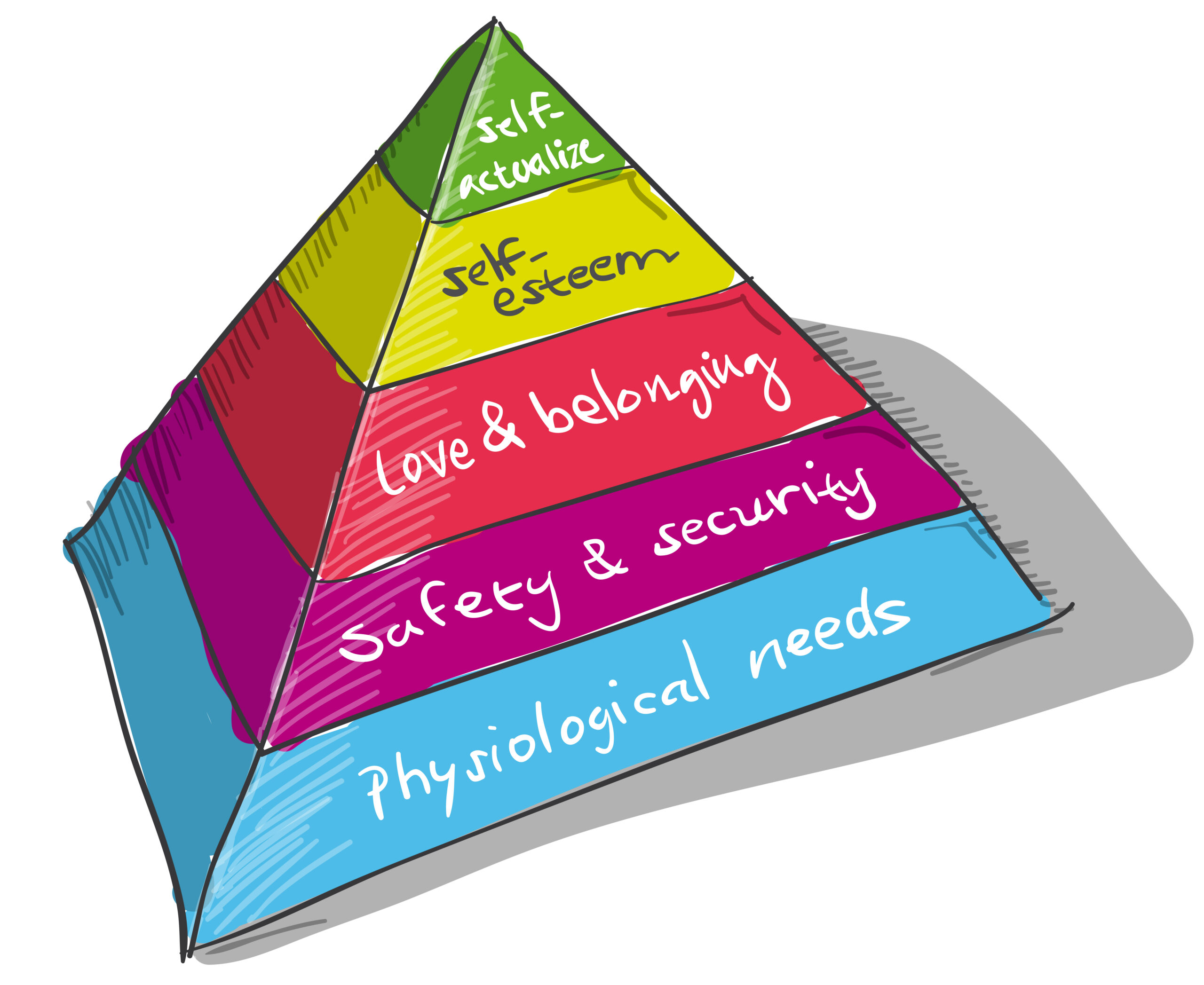apologies
Apologies are a glue that helps hold relationships together.
No matter what kind of relationship it is, it’s only a matter of time before a misunderstanding occurs or one or both people make a mistake that leads to feelings of hurt.
Those feelings can be ignored, and issues can get swept under the rug in the name of keeping the peace, but in the long term, unaddressed problems tend to persist and show up again later down the road. Apologies open up a conversation. They give us the chance to genuinely reconnect, and in some cases even enhance connection.
The thing is apologizing can be hard. Especially if you’ve never seen a good model for what a healthy apology looks like, the very act can feel threatening.
It can be misconstrued as:
- Declaring yourself inferior and the other person superior
- Shame messages (Ex: “I’m a bad person.”)
- Taking all the blame regardless of whether/how much you were in the wrong
- Weakness
In reality, apologizing takes a lot of strength and courage. It’s a sign of responsibility and maturity. So, what does a healthy apology look like? Sometimes a simple “I’m sorry” gets the point across and both people come away content and ready to move on. However, some relationship ruptures are more serious. In those cases, a thoughtful apology can go a long way to rebuild trust.
Here are some tips:
1. State specifically what you’re sorry for. Ex: “I really regret (specific words/actions). It was wrong because…”
Remember: this isn’t the same as apologizing for your existence!
2. Validate the other person’s feelings. Ex: “I can understand if you feel (angry/hurt/sad/scared).”
3. Say what you’re willing do in the future to make things better or to prevent the same thing from happening again. You can also ask them for suggestions to consider. Ex: “Next time, I’ll do (specific actions) instead. Do you think that would help?”
4. Let them know if there’s anything you still need from them. Ex: “When you do (specific words/actions), I feel…”
5. Express care for the person and reaffirm your relationship. Ex: “I really value our relationship and want to make this work.”
This kind of apology balances respect for the other person with self-respect. It’s not the same as groveling or diminishing yourself, and it shows you’re capable of change, growth, and intimacy with others.
Even if you apologize well and sincerely, the other person may not always be in a place to accept your apology. You may not agree on what went wrong or what should be done about it. That’s okay. The apology is still important because of what it says about you and what you value. And in many cases, it’s a great way to lay a foundation for mutual appreciation, understanding, and reconciliation.
Written by: Summer Greenlee, LPC
























